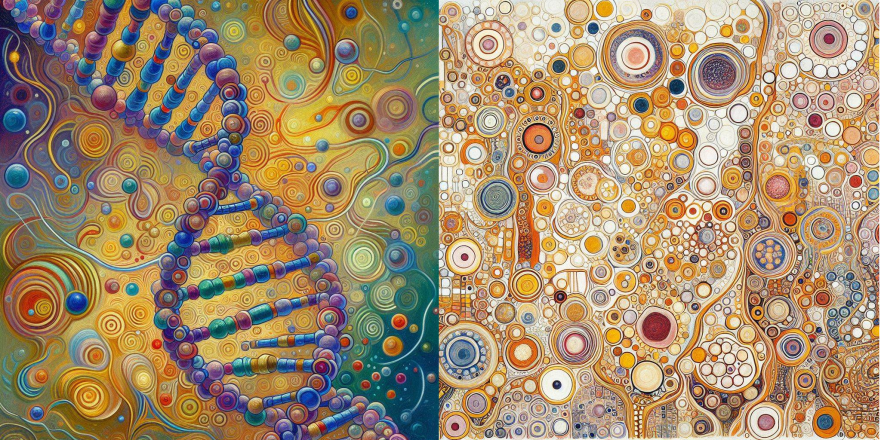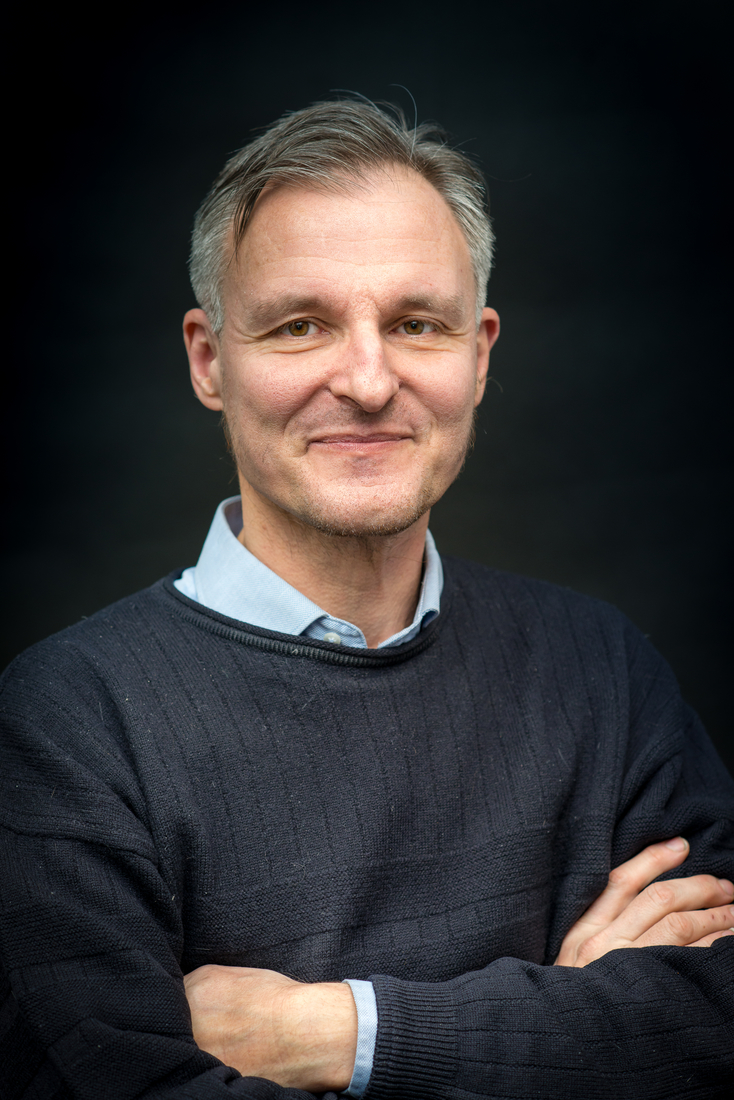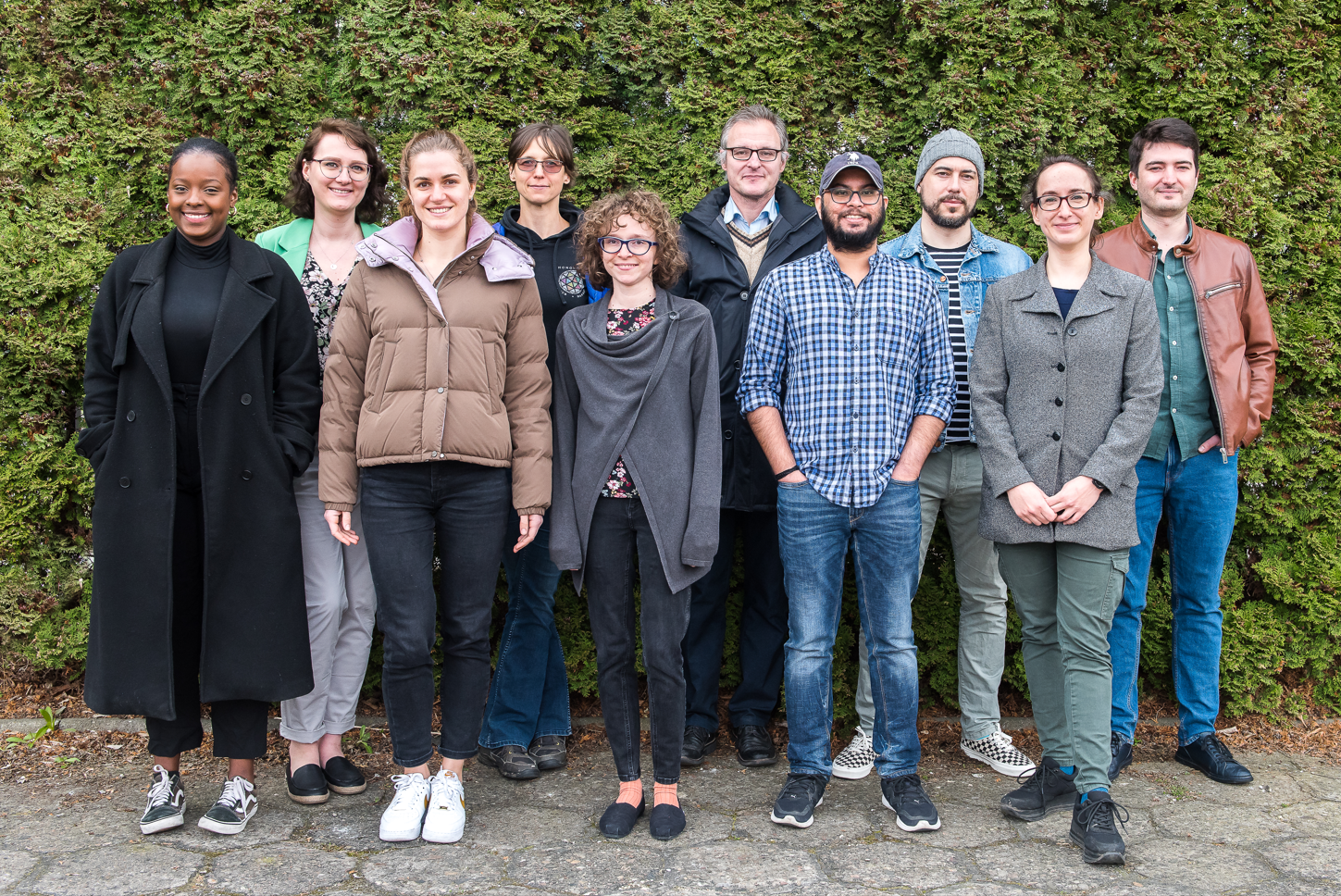We study epigenetics, i.e. nucleic acid and histone modifications that control cell fate change and maintenance. Our methods range from various flavors of high-throughput sequencing to classical biochemistry and structural biology. We also rely increasingly on “big data”. Our work has implications in oncology, particularly for hematologic malignancies that have a strong epigenetic component.
Research Summary
Our work is focused on chromatin modifications, and on their role in maintaining and changing cell fate. Most of our projects revolve around DNA modifications, particularly DNA maintenance methylation at the replisome, and its reversal by active and active- passive DNA demethylation. We study the links between "epigenetic" and "repair" enzymes, as well as the recruitment and adaptation of DNA repair processes to epigenetic reprogramming. We are also interested in the contributions of histone modifications to cell fate maintenance and change. Specifically, we are investigating COMPASS- like complexes - the mediators of positive genetic memory.
Scientific Impact
- We have contributed to a better understanding of TET dioxygenases that are the drivers of active and active-passive DNA demethylation.
- We have helped to elucidate the feedback loop that implements positive genetic memory.
- We have discovered and classified a number of reader domains for nucleic acid modifications.
- We have elucidated a chemically novel nucleic acid modification pathway.
Future Goals
In the future, we plan to extend our chromatin studies, taking into account preventive epigenome maintenance by nucleotide pool control. We want to focus on "epigenome repair" mechanisms that counteract gradual epigenome degradation with age and in disease. Furthermore, we want to better understand how the loss of enzymes with antagonistic roles (DNMT3A, TET2) can have similar, malignancy-promoting effects in cancers with a strong epigenetic component.
Collaborations
Our collaborators come from both academia (e.g. G. Xu, J. Wong, T. Jurkowski, T. Hore, C. Winata, W. Bickmore, A. Wlodawer) and the biotech industry (S. Xu, P. Weigele). Thanks to this strong circle of partners, we have extended our research methods spectrum and we can now ask questions at very different levels, ranging from atomistic to animal studies.
Comment
"With minor exceptions, all cells in our body carry the same genetic information and yet they are very different. Much of the difference is epigenetically encoded in the form of DNA and histone modifications. We combine genetics, biochemistry and structural biology to study the maintenance and remodeling of the epigenetic layer of our genomes", says Prof. Matthias Bochtler.

The lab works on epigenetic marks on DNA and histones and their effects on cell fate maintenance and change. The picture is an “artistic” representation of the theme of the lab, prepared using generative artificial intelligence.



